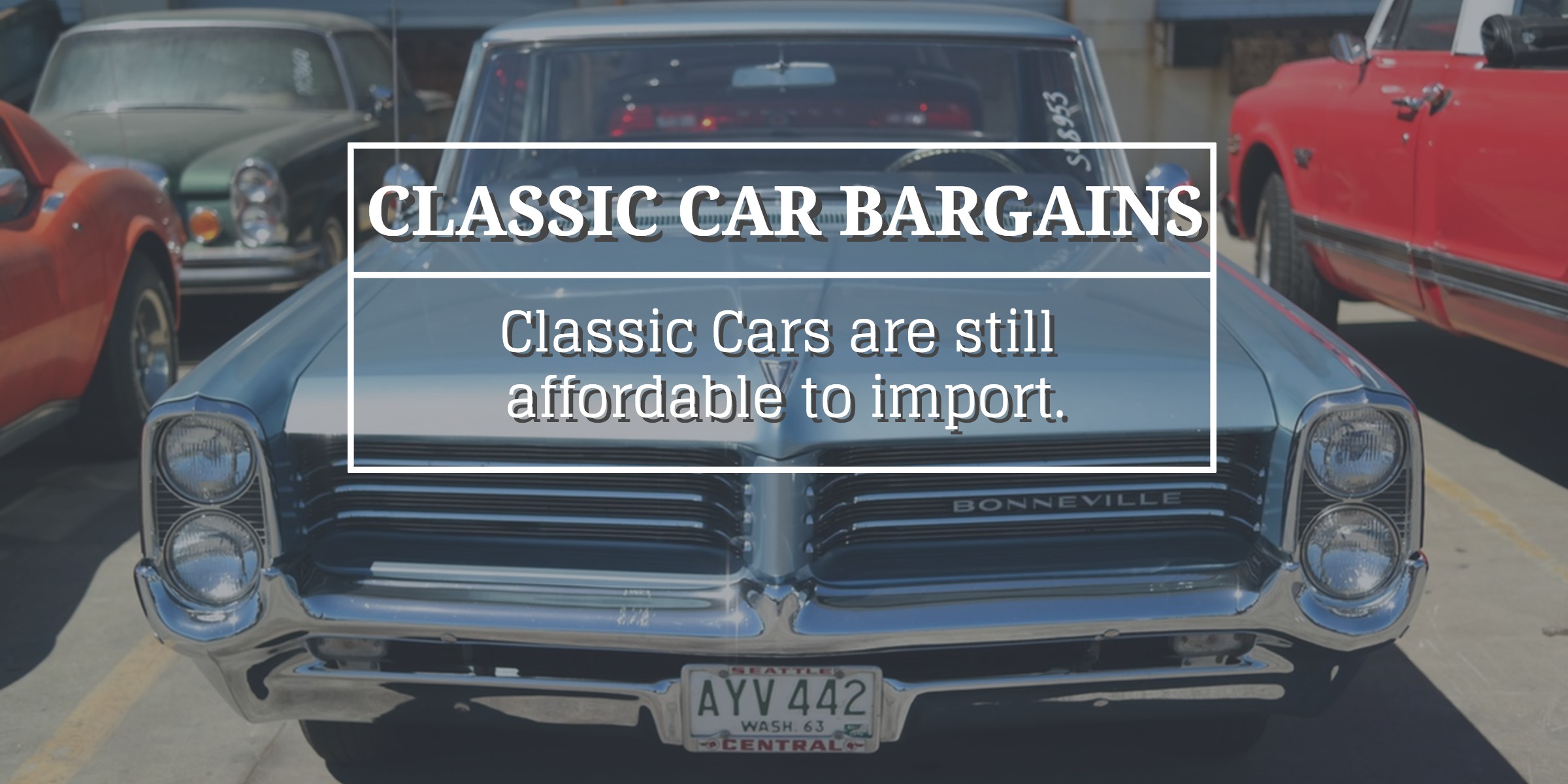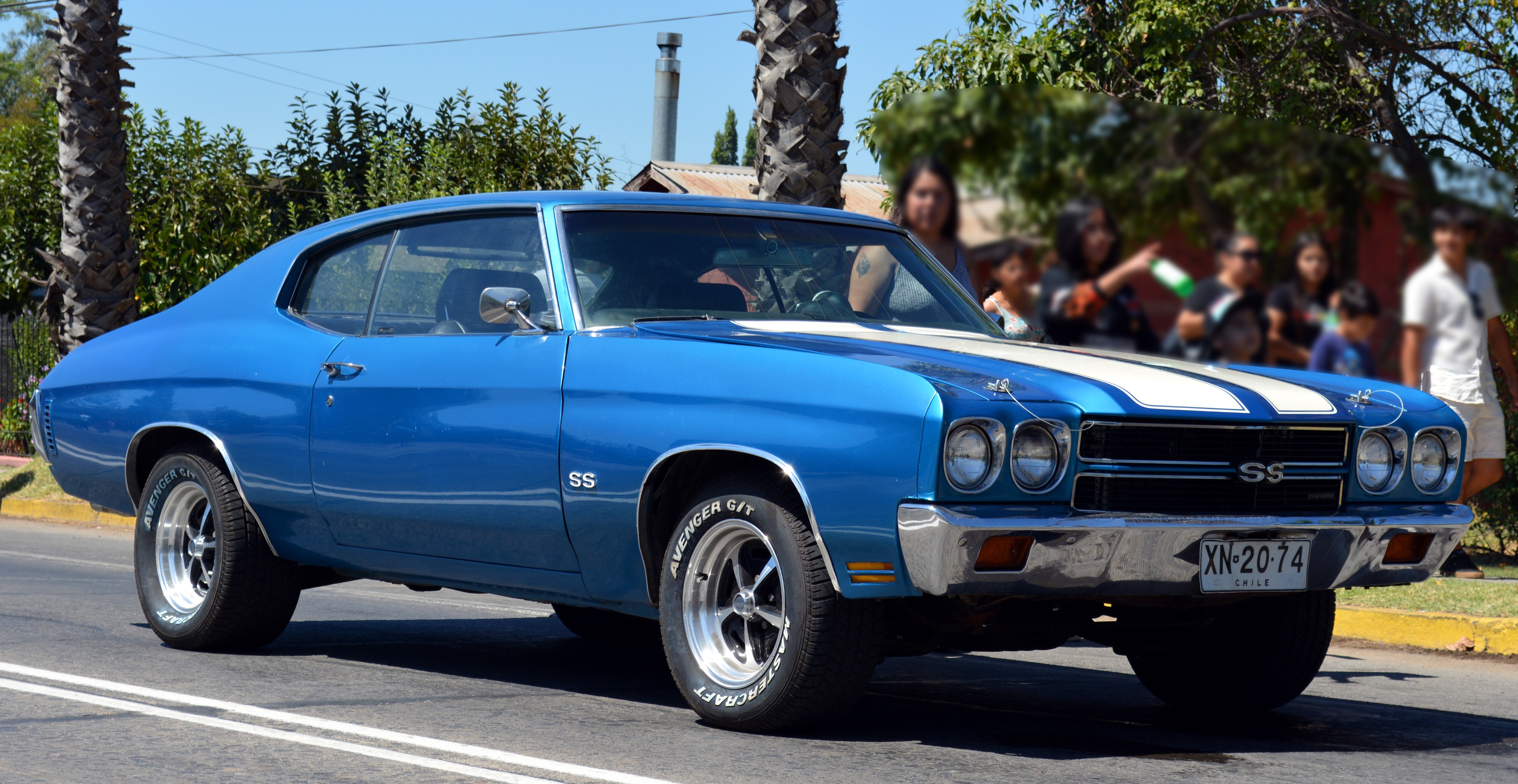Classic And Used Cars Are Falling Victim To US Trade War
The trade war between the United States and Europe may lead to severe repercussions for car enthusiasts worldwide. While the trade war is aimed at new car manufacturers, it’s one classic car and even used car buyers worldwide can fall victim to.
Classic cars are traded on a global scale by dealers, auctions, and private collectors. Low import duties on classics, along with record low ocean shipping rates, allow automotive enthusiasts to purchase cars from overseas with ease.
The US is one of the largest sources of cars popular with classic car enthusiasts. According to data provided by Piers, there are over 35,000 classic cars exported from the US each year in containers. Everything from American classics like the Mustang and the Camaro, to European sports cars like the Porsche 911 are exported from the US. Just in the US, auctions sold $1.31B worth of classics in 2017.
Open trade benefits classic car owners on each side by making it easy to purchase and sell, increasing the value and preserving the very special examples. The recently proposed import duty of 25% will be met with a reciprocal 25% in Europe, essentially removing foreign buyers from US and European markets. The end result will be that collectors on both side of the Atlantic will see less demand for their cars.
By definition, classic cars were manufactured decades ago, and there are no manufacturers on either side who want to limit their imports. If anything, manufacturers want the surviving cars to find a collector's home so that they can be preserved for the future.
There is even a larger problem for modern used cars. According to Piers, used US car exports in 2017 outnumbered imports 4 to 1. This is one of the markets where US has a huge trade advantage, and there are many reasons for it. Americans tend to lease their cars and Europeans tend to own their cars. When leases are up, overseas buyers, including Europe purchase many of the used cars, driving up demand, increasing residual values, and essentially subsidizing the US auto lease market.
Therefore, including used cars in this trade war will also reverse the positive export advantage, and has a potential to spike US car lease rates.
However, there may be another approach. In a recent WSJ article, German automakers have announced a proposal to abolish import duties on vehicle imports between the EU and the US. This would be a win-win for both sides. American cars will become more affordable in Europe, used post-lease cars will help to keep lease rates lower, and classic car enthusiasts will exchange their dream cars as if they were attending the same car show without an ocean in between.
You May Also Like
These Related Stories

US classic cars are down in value

Top 10 American Car Imports: Muscle Cars to the Netherlands

-093789-edited.png?width=220&height=79&name=wcs_final_logo_(1)-093789-edited.png)